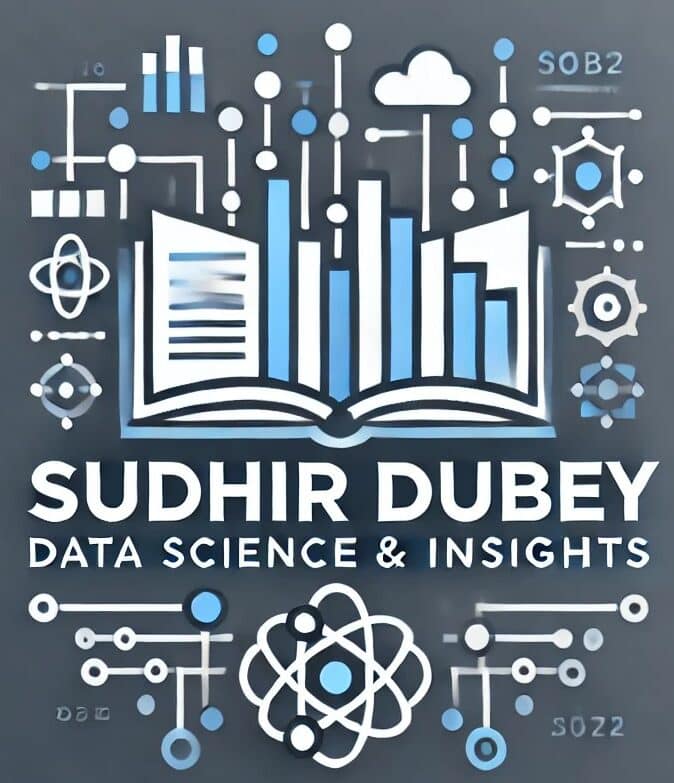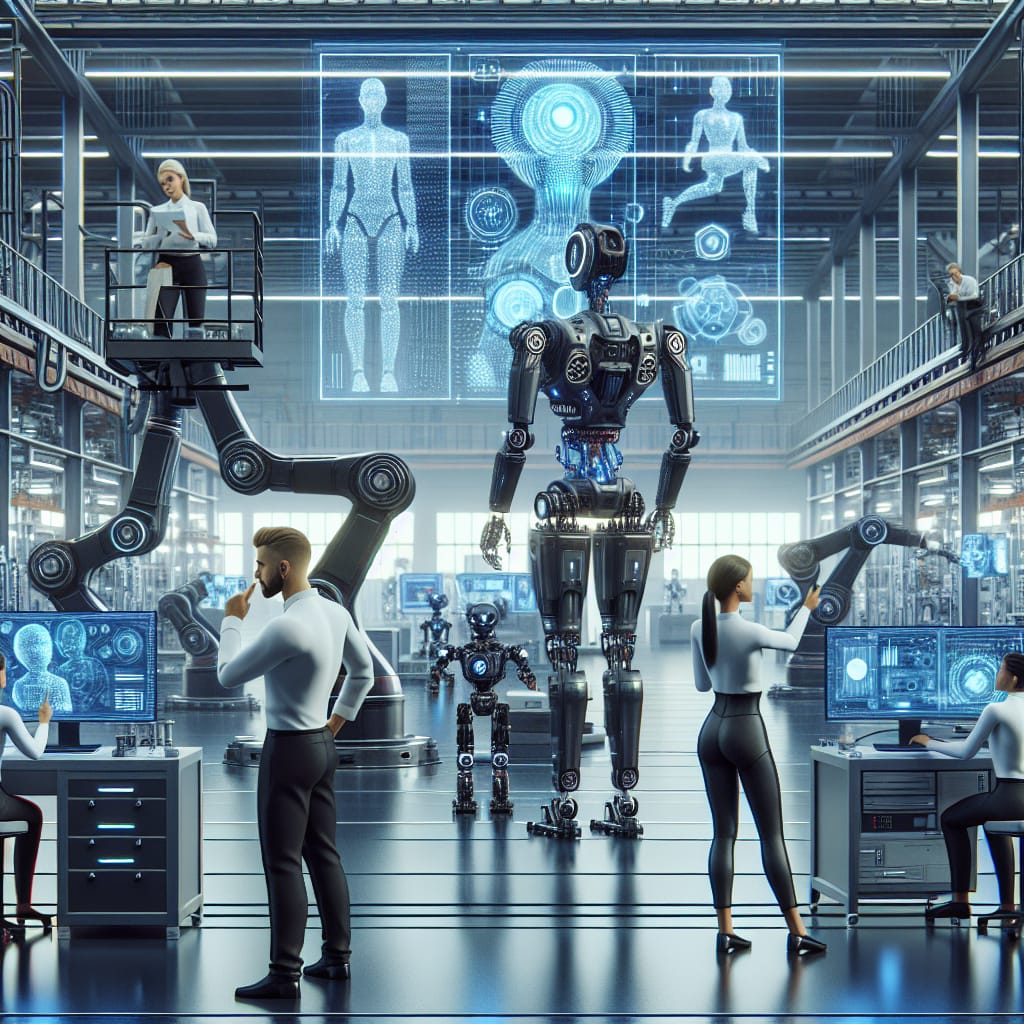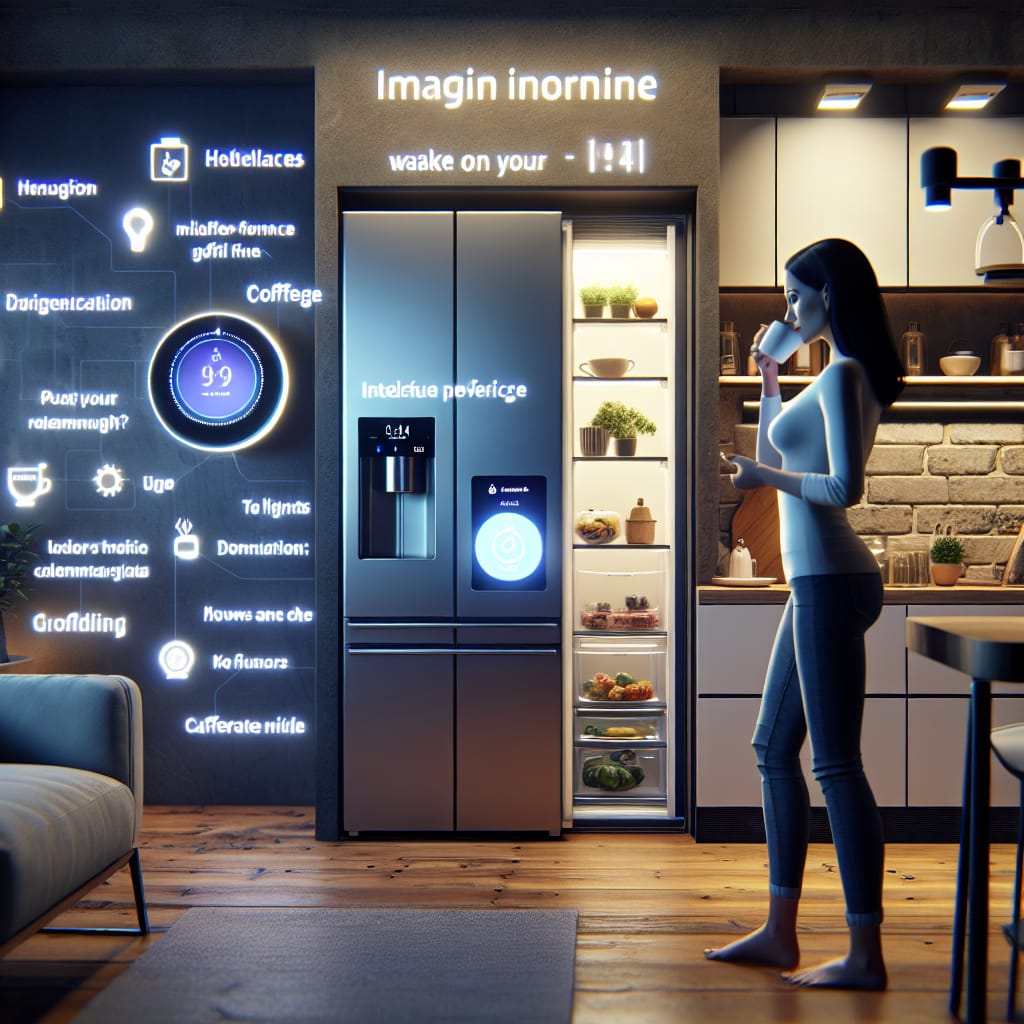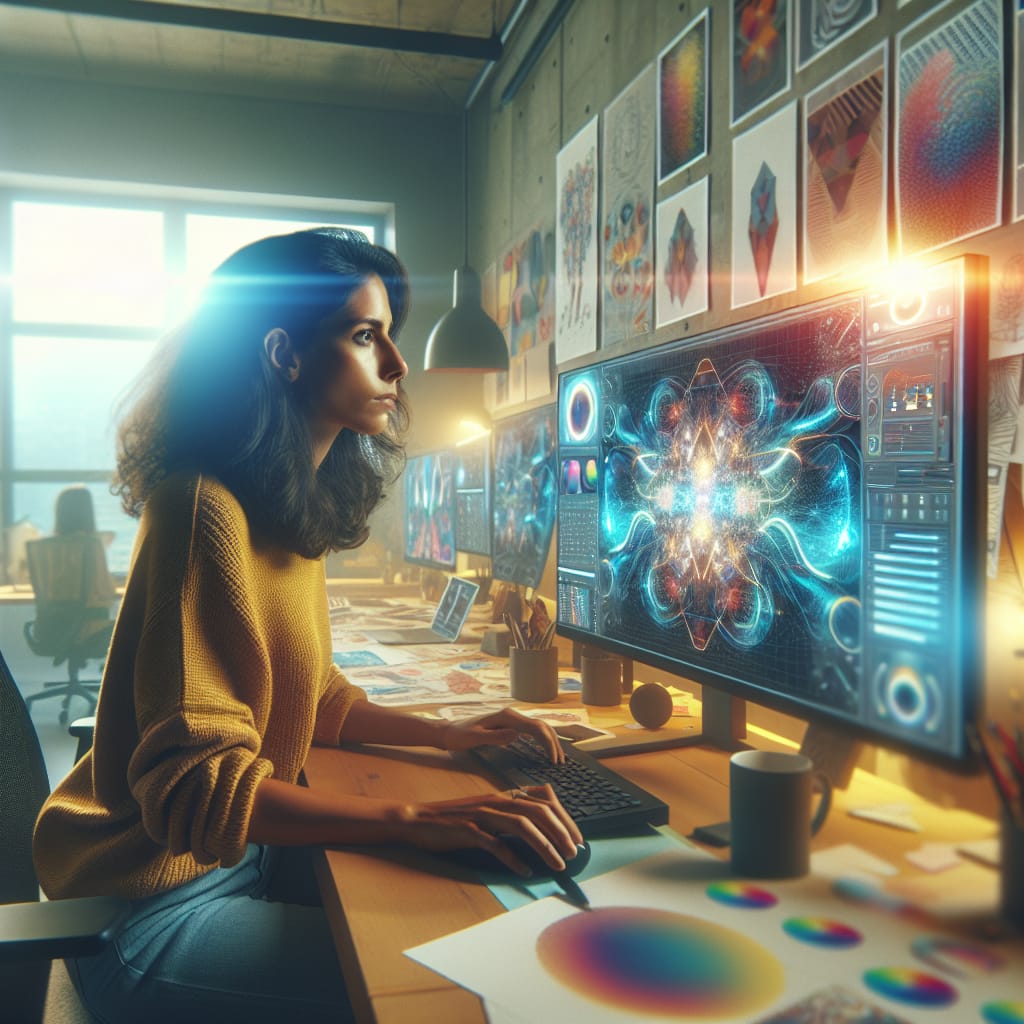AI and the Future of Jobs
The rapid advancement of artificial intelligence (AI) is reshaping the job market in unprecedented ways. As technology evolves, so does its impact on employment opportunities, making it crucial to understand AI’s role in the future of jobs. Whether you are an employer, an employee, or just curious, the transition towards an AI-driven workforce is undeniable.
Table of Contents
- Impact of AI on Job Markets
- Sectors Transforming Through AI
- Skills Needed in an AI-Driven World
- Challenges and Solutions
- Future Opportunities
- Frequently Asked Questions (FAQs)
Impact of AI on Job Markets
AI is transforming industries by automating repetitive tasks and enhancing decision-making processes. While some fear job losses, AI also creates new opportunities. Automation and augmentation are driving forces in this evolution, allowing humans to focus on creative, complex tasks instead of mundane ones. According to studies, AI could create more jobs than it displaces, emphasizing the need for reskilling and upskilling.
Sectors Transforming Through AI
Various sectors are experiencing shifts due to AI:
- Healthcare: AI aids in diagnostics, patient care, and predicting treatment outcomes.
- Manufacturing: Smart factories enhance efficiency and reduce errors with AI-driven machinery.
- Finance: Automated trading, fraud detection, and personalized banking are AI innovations.
Skills Needed in an AI-Driven World
To thrive in an AI-driven job market, individuals must develop a combination of technical and soft skills:
- Technical Skills: Knowledge in data analytics, machine learning, and AI tools are valuable.
- Soft Skills: Problem-solving, creativity, and emotional intelligence are crucial for navigating changing landscapes.
- Continuous Learning: Staying current with technological advancements and trends is vital.
Challenges and Solutions
Adapting to AI integration poses challenges. Here are common issues and potential solutions:
- Job Displacement: Governments and organizations should invest in reskilling programs.
- Ethical Concerns: Establish transparent policies to ensure AI is used responsibly.
- Bias and Fairness: Implement diverse data sets to train AI for unbiased outcomes.
Future Opportunities
The AI revolution is opening new avenues for innovation and employment:
- AI Specialist Roles: Demand for AI researchers and engineers is on the rise.
- Entrepreneurial Ventures: New businesses can leverage AI for unique product and service offerings.
- Improved Quality of Life: AI applications in daily life promise more efficiency and convenience.
Frequently Asked Questions (FAQs)
How will AI impact current job roles?
AI will automate repetitive tasks and require workers to adapt by acquiring new skills focused on complex and creative problem-solving.
What sectors are most affected by AI?
Healthcare, manufacturing, and finance are significantly impacted by AI, aiming to improve efficiency and outcomes.
What skills are essential for an AI-driven job market?
Key skills include data analytics, machine learning expertise, creativity, problem-solving, and emotional intelligence.
Conclusion
AI is reshaping the job landscape, presenting both challenges and opportunities. By embracing AI and focusing on reskilling, we can harness its power to create a brighter future for all. As technology continues to advance, staying informed and adaptable is key. Explore our related articles to deepen your understanding of AI’s pivotal role in the future of jobs. Stay ahead by learning and evolving with the trends!



